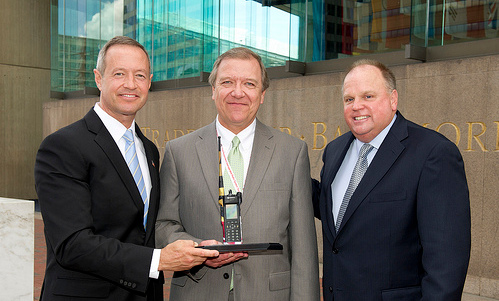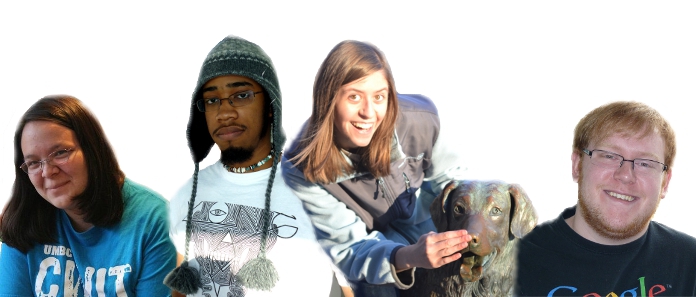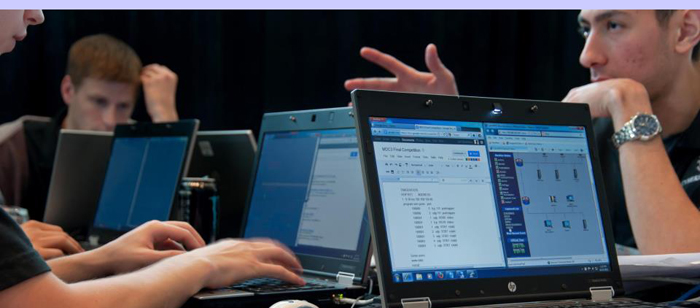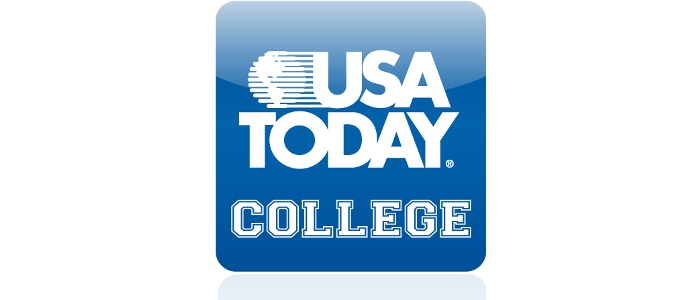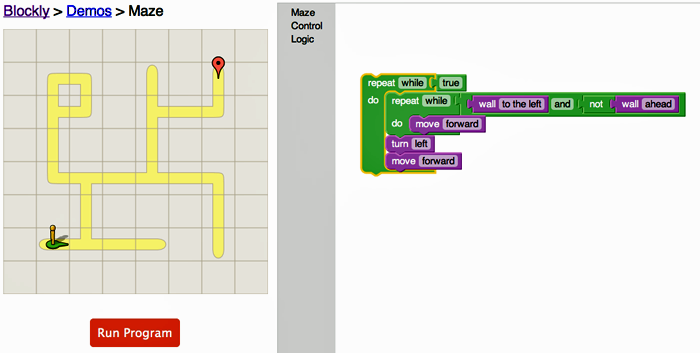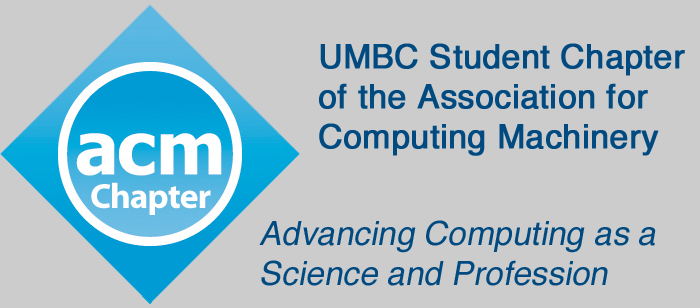CSEE Professor Dr. Alan Sherman (PI) and Dr. Rick Forno (Co-PI), Graduate Program Director, Cybersecurity have received an NSF grant of $2.5 million over five years to fund 22 students studying Information Assurance (IA) and Cybersecurity. The scholarships are part of the Federal Cyber Scholarship for Service (SFS) program.
Future scholars will come from UMBC’s undergraduate, graduate, and professional studies programs. In addition to a generous full-ride scholarship, scholars are granted an annual stipend during their last two or three years. The yearly stipends are $20,000 for underdergraduate, $25,000 for M.S. and $30,000 for PhD students. Students will also engage in paid summer internships with federal government agencies and have opportunities to carry out mentored research projects at UMBC and its cyber partners from government and industry.
“Our goal is to encourage students to pursue cybersecurity education at UMBC and then move into careers that can build upon their education,” explains Dr. Forno. “The SFS program is one way to do that, with the outcome being to provide educated, qualified and highly competent cybersecurity practitioners to the federal government.”
The scholarships will be coordinated through UMBC’s Center for Information Security and Assurance (CISA), and both CISA and UMBC’s Cyber Defense Lab (CDL) will play a key role in the overall academic experience of the SFS scholars.
Along with the monetary award come a few scholarship program requirements. During their scholarship period (typically two years), students are required to intern at a federal organization. After graduation, scholars must serve at a Federal agency in an information assurance position for one to two years, depending on their level of support.
During the upcoming 2012-2013 school year, the program will support two Masters students and two Master in Professional Studies students, though in the future, one B.S., two M.S., two M.P.S., and one Ph.D. students will be supported annually.
Degree-seeking students in Computer Science, Computer Engineering, or any related field, including Electrical Engineering, Math, Physics, Information Systems, Public Policy, or Education, are eligible. “We are interested in fostering a diverse group of SFS scholars,” says Forno. “To that end, we intend to work closely with groups like CWIT and the Meyerhoff Scholars (among others) to help in our outreach and recruiting efforts in this critical academic discipline.” To learn more about applying for the scholarship, visit the CISA scholarship oppotunities page.
The grant will also fund a new one-day annual regional workshop that will focus on innovations for K-12, undergraduate, and graduate cybersecurity education. The goal is to develop "innovative, relevant, meaningful, and real-world oriented pedagogical materials that can be applied across the academic spectrum in conducting cybersecurity education."
The scholarship program, coupled with UMBC’s location at the “epicenter of cybersecurity,” will further mark UMBC as a pioneer in the field. “We all know that cybersecurity is a hot field and of critical national interest," says Forno. "UMBC’s strength in Computer Science, Cybersecurity, and related STEM fields, combined with our reputation for producing qualified technologitsts makes our participation in SFS very attractive both to the school and our current and future students.”

